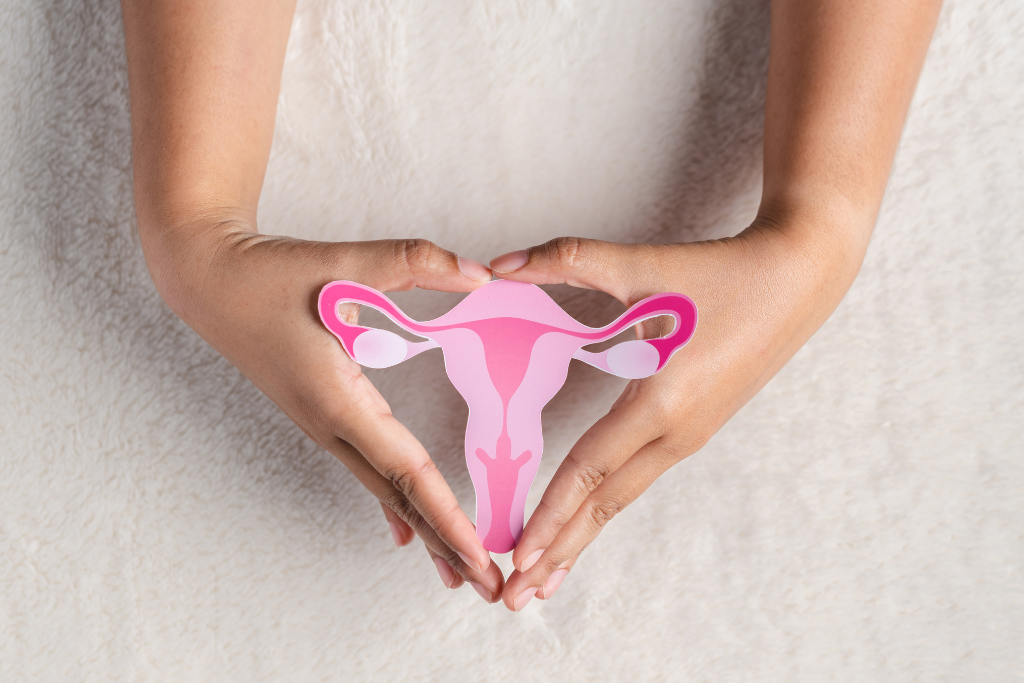Menopause is a natural stage in a woman's life that marks the end of her reproductive years. The menopausal transition most often begins between ages 45 and 55. While many associate menopause with hot flashes and night sweats, there are a few other lesser-known signs that often go unnoticed. Being aware of these subtle indications can help women recognise the beginning of menopause and seek appropriate support and care.
More than 90% of postmenopausal women were never taught about the menopause at school and over 60% only started looking for information about it once their symptoms had started, finds a new UCL-led study.
In this blog, we shed light on six often overlooked signs of menopause in the hopes of empowering women to navigate this transformative phase with greater understanding and confidence.
Irregular Menstrual Cycles:
One of the early indicators of menopause is irregular menstrual cycles. As women approach menopause, their hormone levels fluctuate, leading to variations in the timing and intensity of their periods. A menstrual cycle that differs from the regular pattern, becoming shorter or longer than usual, or varying in flow, may be an early sign of menopause.
Mood Swings and Emotional Changes:
Menopause can bring about unexpected mood swings and emotional shifts. Fluctuating hormones can lead to feelings of irritability, sadness, or anxiety. Women might find themselves experiencing emotional highs and lows, which can sometimes be attributed to menopause.
Sleep Disturbances:
Insomnia or difficulty in falling asleep and staying asleep can be linked to menopause. Hormonal changes during menopause can disrupt sleep patterns, leaving women feeling fatigued and less refreshed in the morning.
Decreased Libido:
As estrogen and progesterone levels decline during menopause, many women experience a decreased interest in sex. The changes in hormone levels can result in vaginal dryness, discomfort, and a reduced sex drive, impacting their overall sexual well-being.
Changes in Hair and Skin:
Menopause can also affect hair and skin health. Some women notice hair thinning, especially around the crown, while others experience dryness and changes in skin texture. Hormonal fluctuations can lead to reduced collagen production, resulting in less elastic and drier skin.
Memory and Concentration Issues:
Forgetfulness and difficulty concentrating are common symptoms that women may attribute to stress or ageing. However, these cognitive changes can also be linked to menopause due to hormonal imbalances impacting brain function.
A study shows, in the UK 34% of women said that they had developed depression and anxiety, while 29% had significantly lost self-confidence due to symptoms caused from menopause. Menopause is a transformative phase that brings about various changes, both subtle and noticeable. Recognising the less obvious signs of menopause empowers women to take charge of their health and seek appropriate support and care during this significant life transition.
If you or someone you know is experiencing any of these subtle symptoms, don't hesitate to consult our healthcare professionals for guidance and personalised care. You can book a same or next day appointment with us online or over the phone with no NHS referral needed. Understanding these lesser-known signs will help women navigate menopause with greater awareness, promoting overall well-being and embracing this new chapter with confidence.









